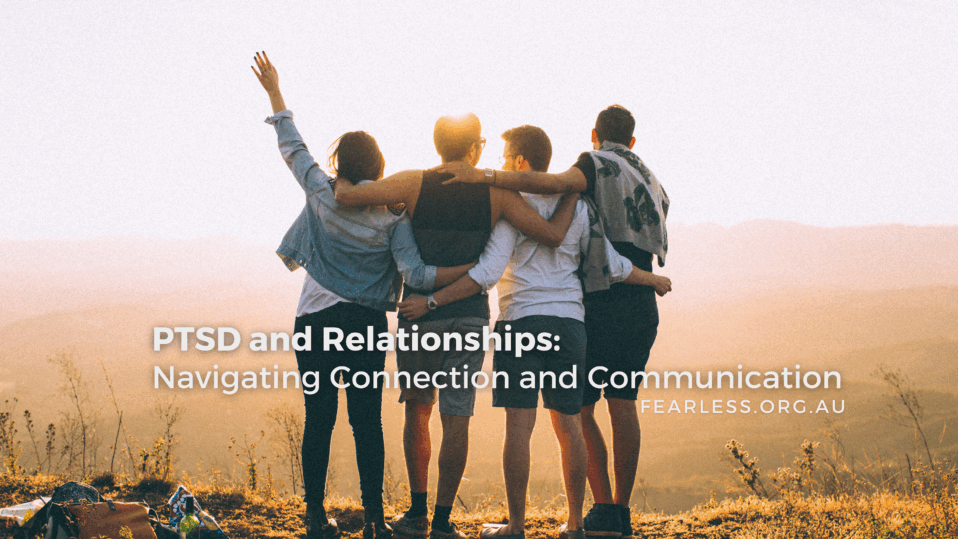Living with PTSD affects more than just the individual. It touches the lives of partners, families, friends, and colleagues. Relationships can feel strained when trauma symptoms interfere with communication, trust, and emotional closeness. But with understanding and practical strategies, connection is still possible.
How PTSD Impacts Relationships
PTSD often brings symptoms like hypervigilance, irritability, withdrawal, or difficulty expressing emotions. These can lead to misunderstandings, arguments, or feelings of distance. Partners and family members may feel unsure how to respond, while the person with PTSD may feel guilty or isolated.
Recognise that these challenges come from trauma, not personal failings. This is the first step toward healthier connection.
Communication Strategies That Help
- Use clear, gentle language: Simple, direct communication reduces the chance of misunderstandings.
- Set safe boundaries: Both partners benefit from knowing when to step back and when to re-engage.
- Listen actively: Reflect back what you’ve heard to show understanding and care.
- Agree on signals: Non-verbal cues (like a hand gesture) can let someone step away before emotions escalate.
Even small adjustments can make conversations safer and more supportive.
Supporting Trust and Intimacy
Trust takes time when trauma is involved. Patience, honesty, and consistency are key. Shared activities, like going for a walk, cooking together, or attending support groups, can rebuild closeness without pressure.
It’s also important for partners or family members to look after their own wellbeing. Our post on Self-Care for PTSD Caregivers offers practical ways to stay strong while providing support.
When Extra Support Is Needed
Sometimes, professional guidance makes all the difference. Couple or family therapy can provide a safe space to navigate communication challenges. Telehealth options also make counselling more accessible across Australia and New Zealand.
Final Thoughts
PTSD can make relationships feel complicated, but it doesn’t erase the possibility of love, trust, and connection. With open communication, mutual care, and professional support when needed, relationships can become a source of strength in the recovery journey.
For more resources and information, visit our Getting Help page.



Post a comment